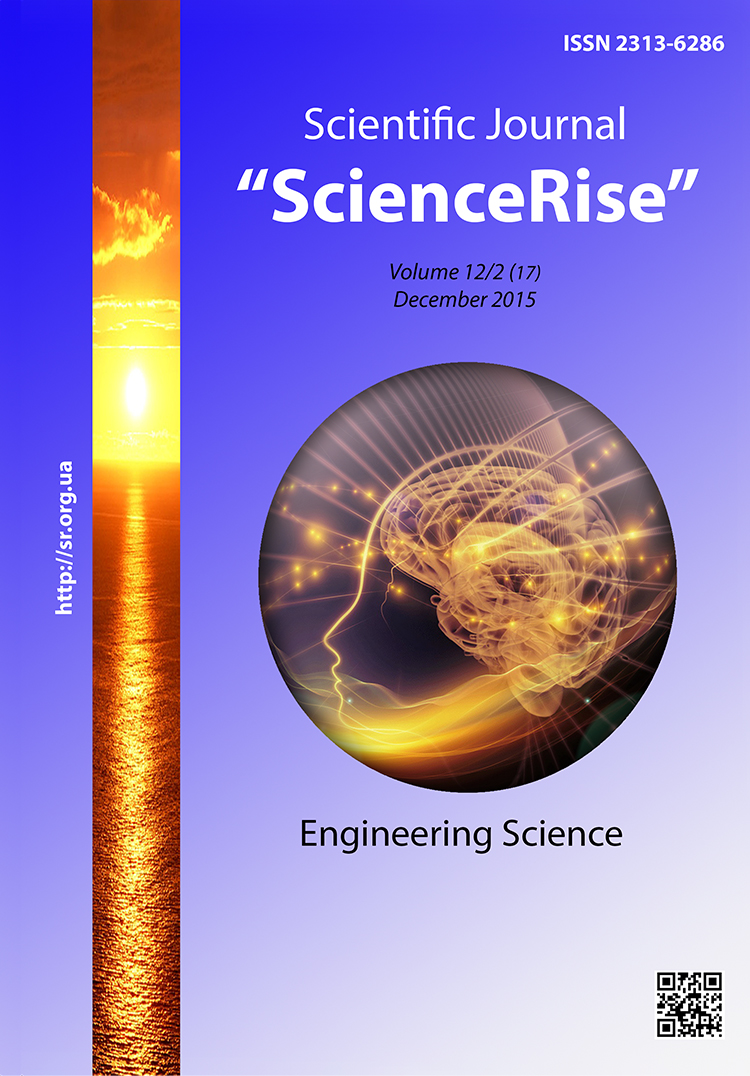Research of selection algorithm of technical means of control and monitoring automation in oil industry
DOI:
https://doi.org/10.15587/2313-8416.2015.56364Keywords:
automation, algorithm, cost, research, mean, optimality, parameter, regulation, system, qualityAbstract
The modern selection algorithms of technical means of automation, their advantages and disadvantages are analyzed. Their criteria and parameters are researched. The main stages are identified, followed by a choice of means, regardless of its purpose and implementation, are identified using a scientific approach. Optimal selection algorithm of technical means is offered and its performance on the example of the real object is tested
References
Beloborodov, V. V. (1983). Teplovoe oborudovanie predpriyatiy obschestvennogo pitania [Thermal catering equipment]. Ekonomika, 153.
Maslikov, V. A. Texhologicheskoe oborudovanie proizvodstva rastitelnux masel [Technological equipment of production of plant oils]. Pischevaya promishlennost, 439.
Scherbakov V. G. Texhologia poluchenia rastitelnix masel [Technology for producing of plant oils]. Kolos, 207.
Kovshov, A. N. (1987). Texhologii mashinostroenia [Manufacturing Engineering]. Mashinostroenie, 320.
Vachnadze, R. G. (Ed.) (1993). Prinyatie resheniy. Metod analiza ierarxiy [Making decisions. Analytic hierarchy]. Moscow: Radio i svyaz, 278.
The concept of quality products. Quality and classification. Available at: http://buklib.net/books/37647/.
Bagrova, V.I. Teoria vartosti: istoria, suchasniy poglyad [Theory of value: history, modern look]. Innovaciyna ekonomika, 5 (43), 177–180.
What are the technical characteristics of the product? Available at: http://www.sovbuh.ru/news1/obzor_novyh_dokumentov/chto_takoe_tehnicheskie_harakteristiki_tovara/
Ostreykovskiy, V. A. (2003). Teoria nadeznosti [Reliability theory]. Vushaya shkola, 463.
Downloads
Published
Issue
Section
License
Copyright (c) 2015 Владислав Павлович Самодуров

This work is licensed under a Creative Commons Attribution 4.0 International License.
Our journal abides by the Creative Commons CC BY copyright rights and permissions for open access journals.
Authors, who are published in this journal, agree to the following conditions:
1. The authors reserve the right to authorship of the work and pass the first publication right of this work to the journal under the terms of a Creative Commons CC BY, which allows others to freely distribute the published research with the obligatory reference to the authors of the original work and the first publication of the work in this journal.
2. The authors have the right to conclude separate supplement agreements that relate to non-exclusive work distribution in the form in which it has been published by the journal (for example, to upload the work to the online storage of the journal or publish it as part of a monograph), provided that the reference to the first publication of the work in this journal is included.

